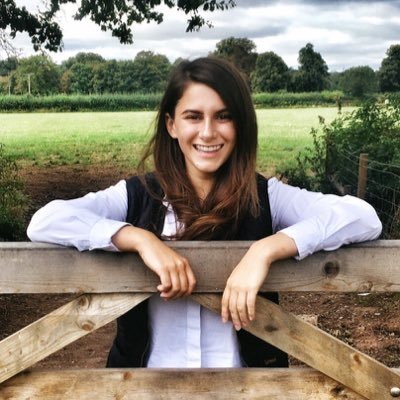
This January I was very fortunate to attend the 27th Challenge in Rural Leadership course, run by the Worshipful Company of Farmers and Duchy College, with my place supported by the Henry Plumb Foundation and FCT. Throughout the course, I was able to work alongside other industry leaders, understand why they succeed and practically improve my expertise. However, it was also very clear that leadership is not inherited through attaining a particular job title or level of responsibility. There were many insightful and poignant moments from the course, but one of my favourites was from Mary Quicke, of Quicke’s Cheese in Devon – “No one has ‘Spent a long time in the office’ on their grave”. So with that, what am I getting up to?
FCT operates on an incredibly diverse scale, whereby we have the great privilege of working with farmers and growers across all sectors and corners of the UK and beyond. This is brilliant and makes each day highly varied but does mean that many lists are made in a day of the tasks arising. Today for example started by packaging up soil samples heading for analysis from a wonderful project we have up in the Lake District (thank you West Cumbria Rivers Trust and the lovely farmers involved) looking at baselining the soil health and carbon status of the farms. This quickly proceeded into finalising proposals for upcoming projects with Lamb Weston and First Milk – two brilliant companies who although operating in different sectors (potatoes and milk production) are both passionate about producing sustainable food to the highest standard.
This week I am also participating in some filming for a project we have recently launched with the Royal Countryside Fund titled ‘Savings in Soil’. It is a brilliant project looking to help farmers measure and manage their grassland’s soil health to benefit future farm resilience. As ever, soil underpins a healthy and productive grassland system, capable of producing healthy pastures and livestock, which in turn supports a profitable farming system.
I am very lucky to facilitate the Soil Farmer of the Year competition, as such the day also bought liaison for this year’s application process. The competition aims to find and champion UK farmers who are engaged with and managing their soils to the benefit of their farming system and the wider environment. We are supported again this year by Hutchinsons and Cotswold Seeds, so again an opportunity to say thank you to their teams!
So, despite a little bit of time in the office today – we have managed to work with a huge variety of topics and geographies, continuing to assist the fabulous farmers, communities and industries of UK agriculture.

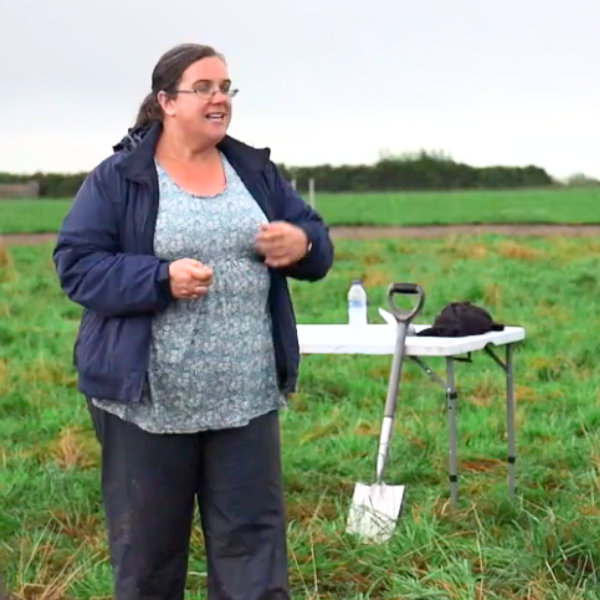
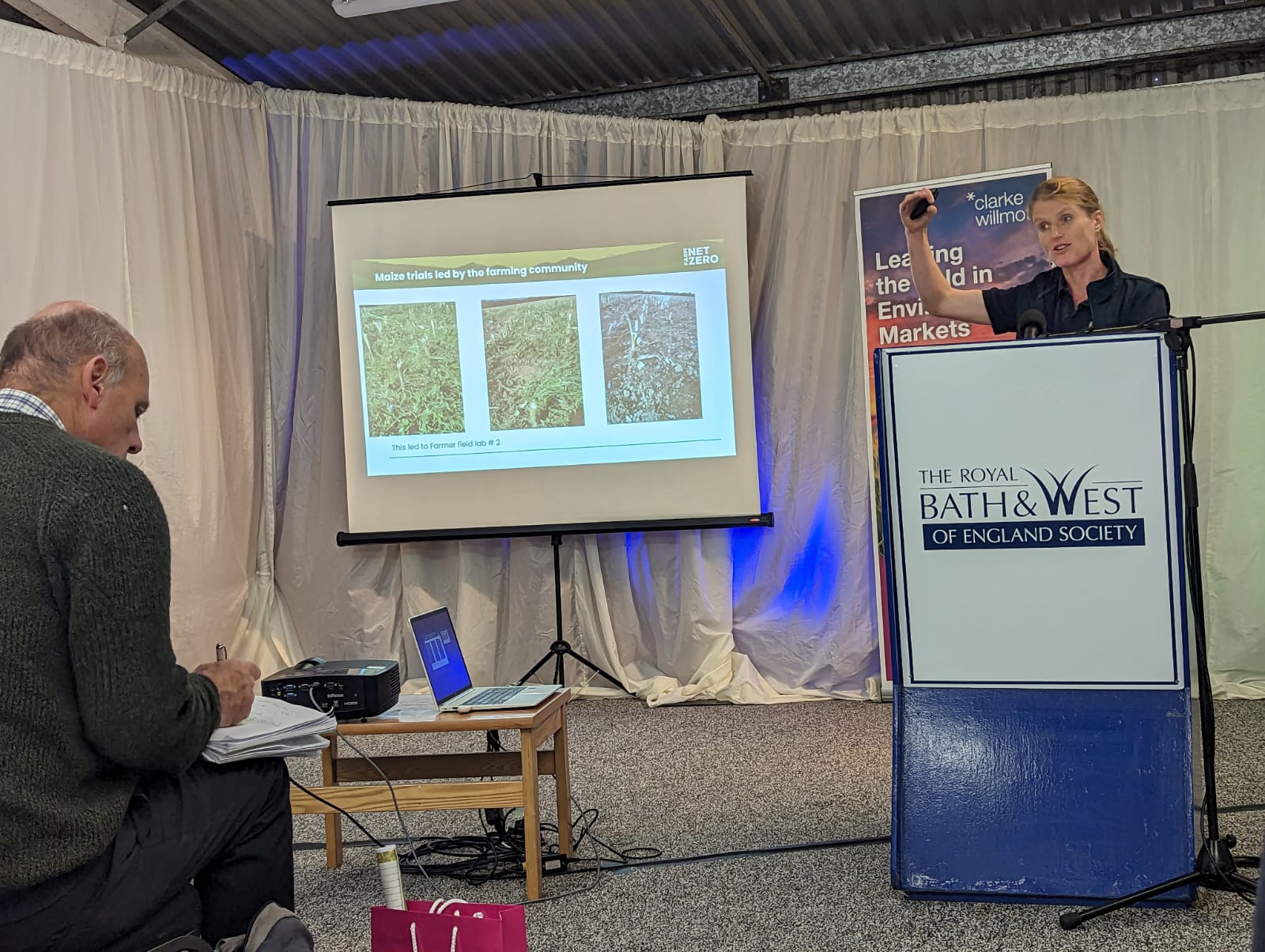
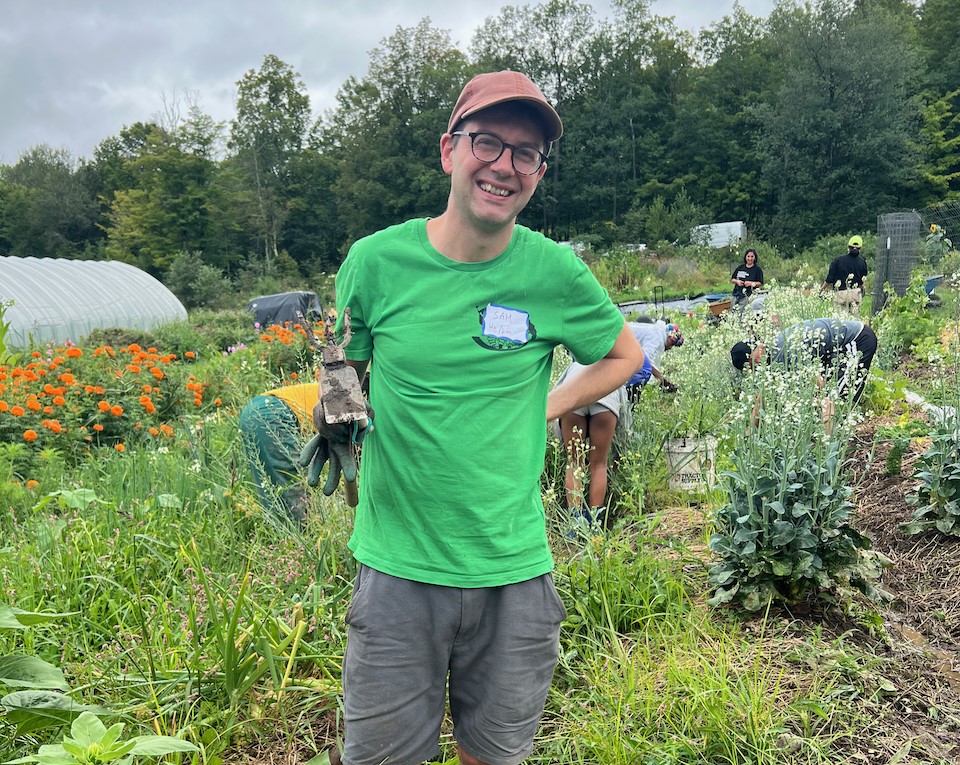

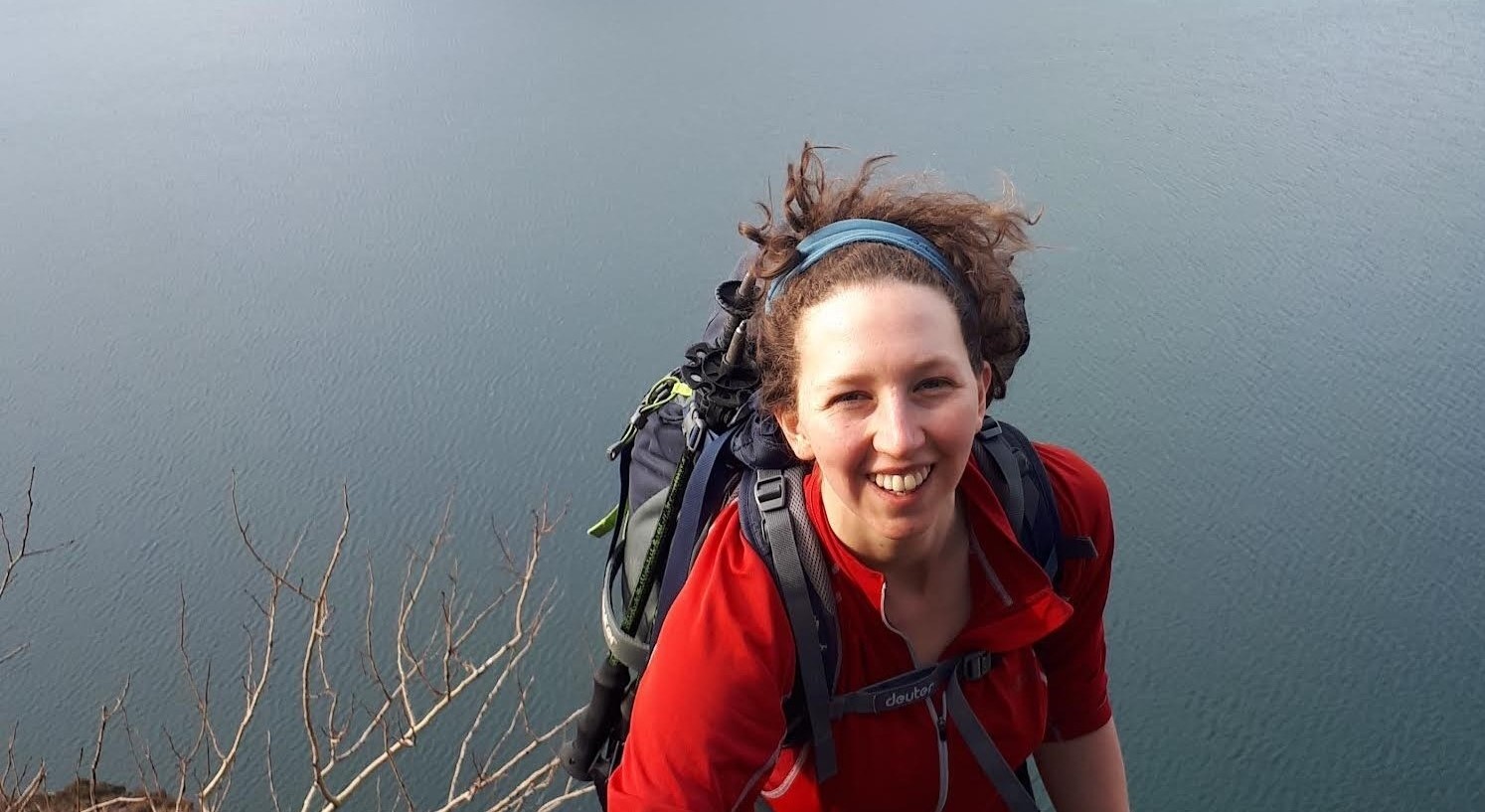
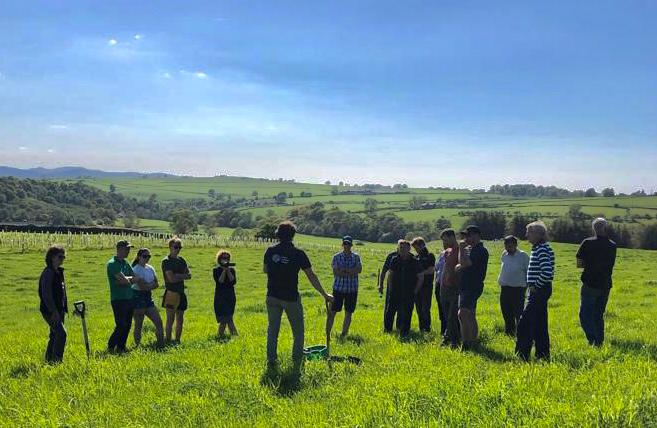
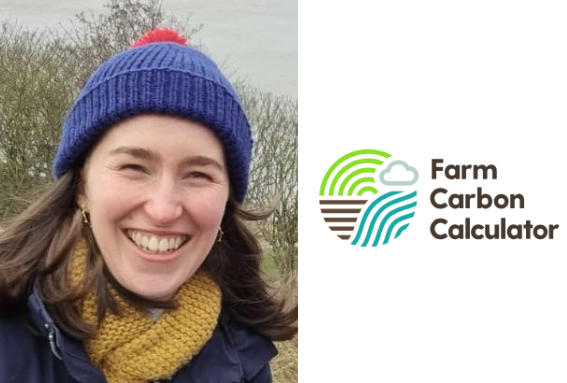
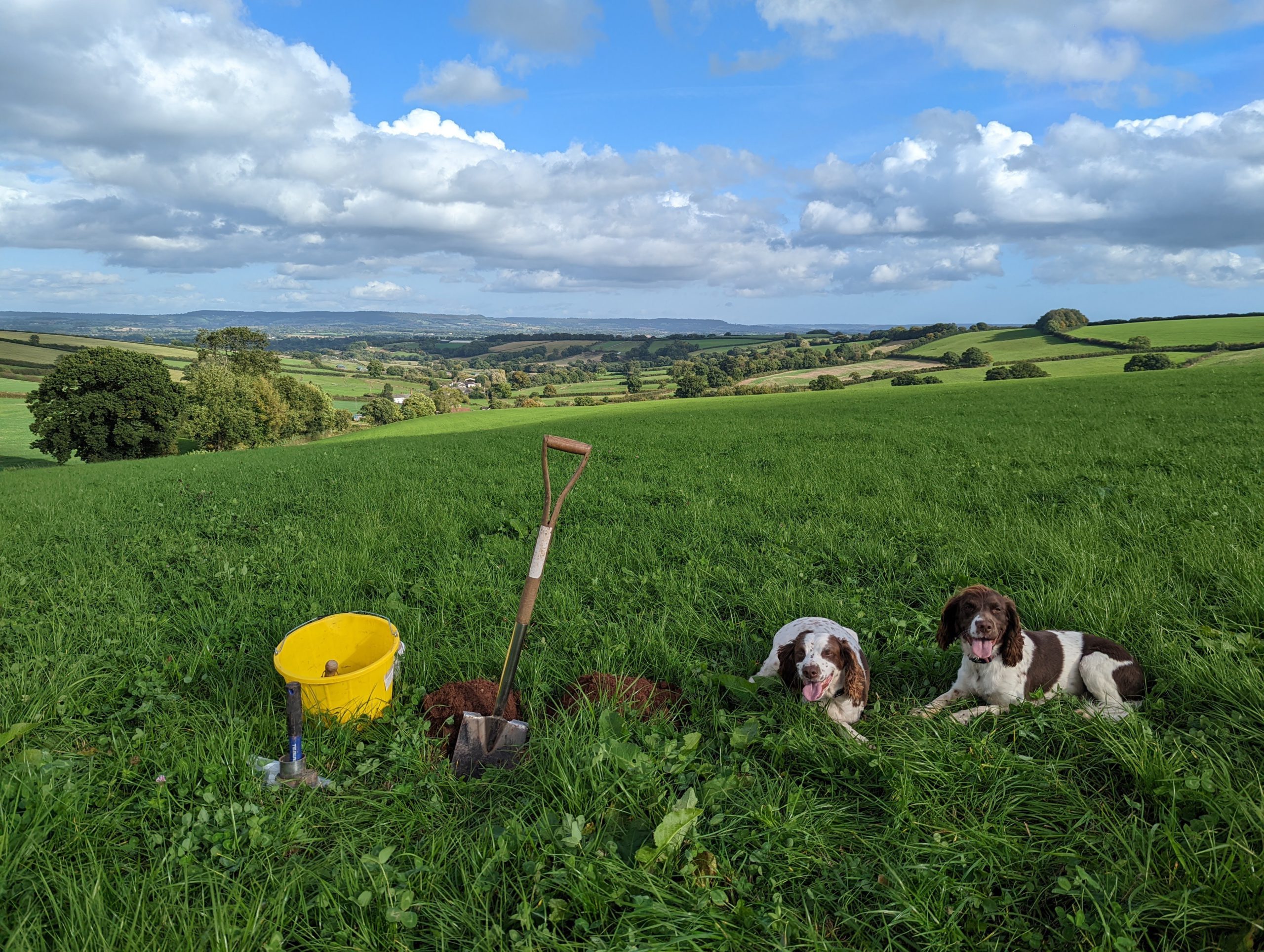
Recent Comments